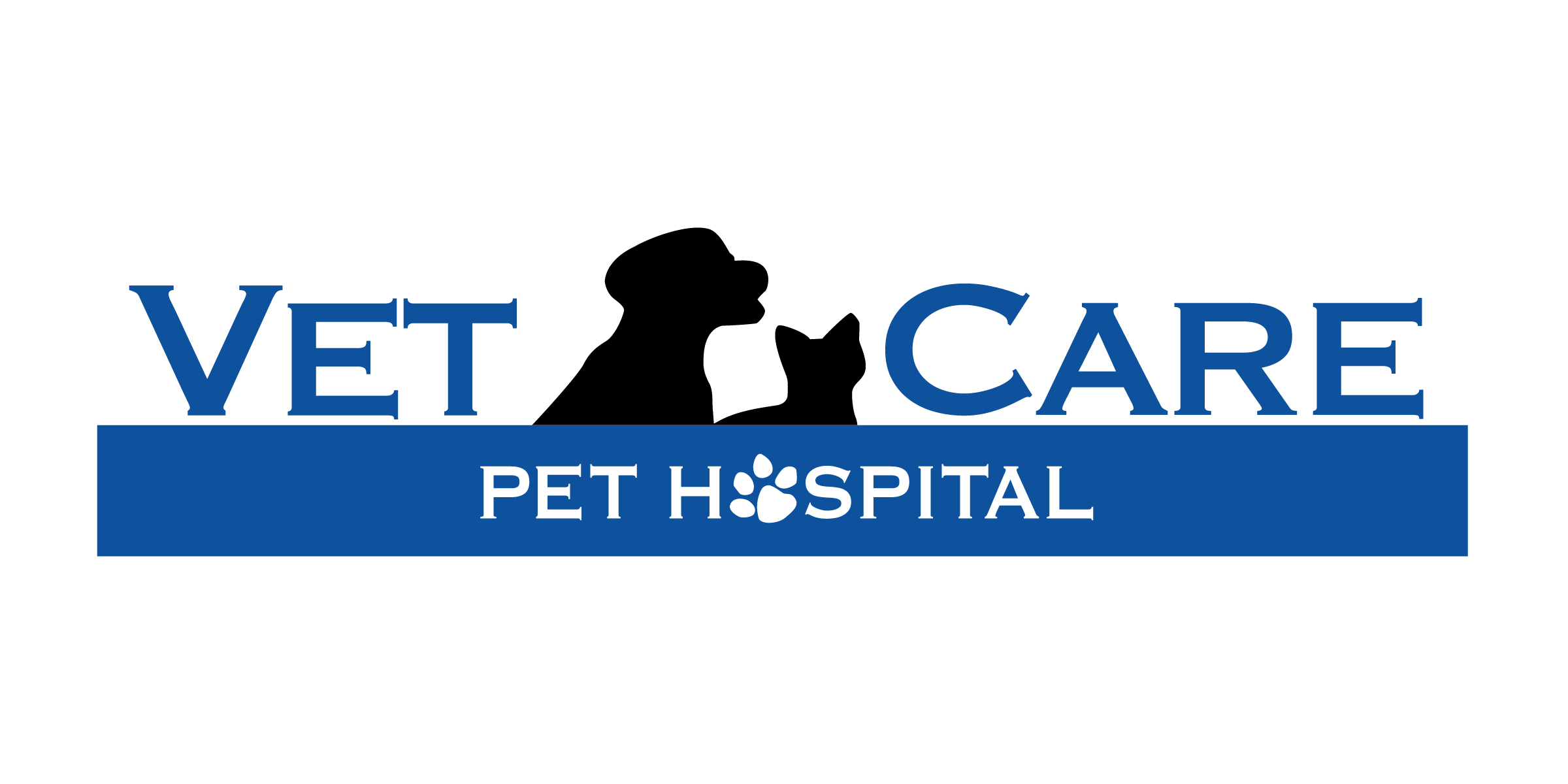Dog your dog scratch, lick, or chew at themselves? Shake their head? Welcome to the wonderful (horrible) world of canine atopy and the multitude of causes for it. Itchy dogs account for ~80% of annual veterinary visits and can often be frustrating and sometimes require a drawn-out process to achieve a diagnosis. The truth is, the three most common reasons for an itchy dog are skin parasites (fleas and other nasties), allergies (food and/or environmental) and infections (primary or secondary to any of the aforementioned causes of itchiness).
So, where do we start?
PARASITES! Oftentimes, the only evidence of them is itchiness. They can live on top of the skin, like fleas, or within the skin at a microscopic level. So, the best place to start with your itchy dog is with a general ectoparasitic treatment – ask us which veterinary product is right for your pet. We do not recommend store bought products, as they are not tested for efficacy or safety.
INFECTION? Oftentimes, itchy dogs will have concurrent skin infections BECAUSE they’ve been scratching – the physical act of scratching breaks the skin barrier allowing normal skin bacteria and yeast to penetrate underneath it, causing infections. If it is a primary infection, scratching makes it worse and causes a cycle of infection and itchiness. We’ll need to get this treated with antibiotics most likely so bring them in for a consult.
So we’ve treated any potential parasites and any infections. If your pup is still itchy, this is when we think about allergies – food vs environmental vs both. The way to go about diagnosing this is with an 8-week food trial. Very similar to humans with food intolerances, we will be doing an elimination diet. For example, a person who thinks they may have a dairy intolerance will cut dairy from their diet for a prolonged period and note any improvements in their symptoms. For dogs, the most common food allergens are proteins – beef and chicken being the front-runners (VERY uncommon to have grain allergies contrary to popular marketing schemes by pet food companies). This is why we will recommend what’s called a novel source protein or a hydrolyzed protein diet for the 8-weeks. After the 8-weeks, we begin re-introducing isolated foods and monitoring for itch response after the fact (as long as the dog’s itch is controlled with diet alone).
Still itchy after 8-weeks of hydrolyzed protein?! Then we are looking at atopic dermatitis – a genetic condition in which the dog’s skin barrier is actually of poorer quality than normal dogs making them more sensitive to environmental allergens. The other bummer is that ~80% of dogs with atopic dermatitis have a concurrent food sensitivity. Oftentimes this diagnosis requires lifelong therapy and management.
You see how this can be a drawn-out process! The good news is we have medications that will provide your pup with instant short-term relief while we look for the underlying cause of their discomfort. If your dog is facing itchiness, please come in for a consult to see how we can help you and your dog get some peace at home.
Written by: Dr. Katie O’Hanley, Veterinarian




